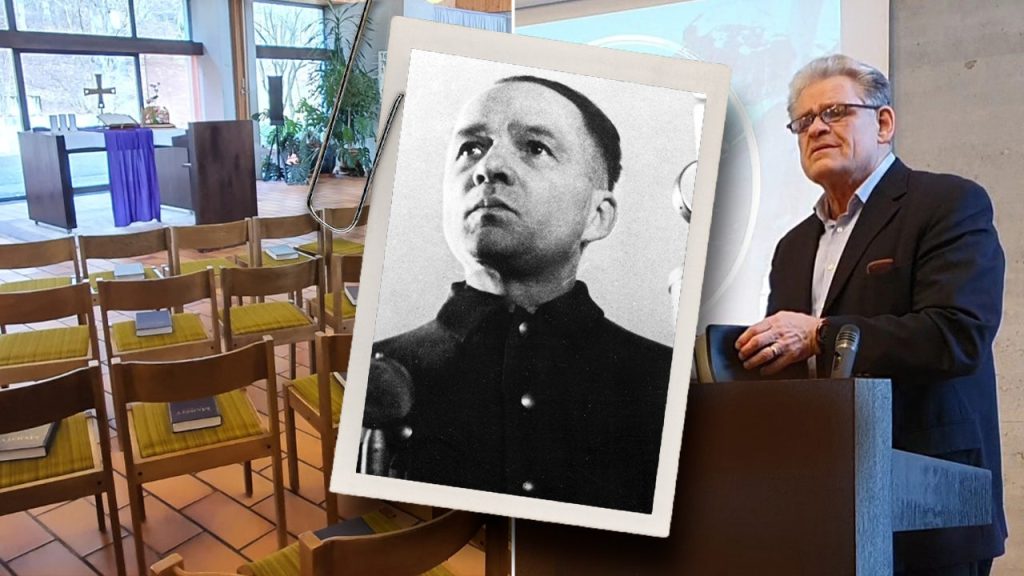Kai Höss, the lead pastor at the Bible Church of Stuttgart, is the grandson of former Auschwitz Commandant Rudolf Höss, who oversaw the mass murder of an estimated 1.1 million people during World War II. Höss speaks openly about his family’s dark past and his own salvation. Raised in a non-Christian home, he found faith later in life after a medical operation went wrong. He now shares a message of forgiveness, grace, and reconciliation, addressing antisemitism in his sermons and public speaking engagements.
Höss emphasizes the importance of understanding history and the dangers of being swayed by emotional narratives and biased content, especially on social media platforms like TikTok. He warns against embracing superficial information without questioning it or considering deeper truths. He believes that individuals need to think critically and analyze information rather than simply accepting it at face value. Höss connects the past atrocities of World War II, particularly the Holocaust, to contemporary issues of hatred and bigotry.
In light of recent anti-Israel protests on U.S. college campuses, Höss reflects on the dangers of acting emotionally without a full understanding of complex political and historical contexts. He notes that many people may support causes or movements without a comprehensive understanding of the issues involved. Höss highlights the need for individuals to question both sides of the coin and seek out full information before forming opinions or taking action. He cautions against turning ideologies and emotional responses into harmful actions that can lead to violence and division.
Höss has visited Auschwitz with his father while filming a documentary and met with Holocaust survivor Anita Lasker-Wallfisch to come to terms with his grandfather’s past. He acknowledges the cruelty and suffering inflicted by Rudolf Höss and expresses humility and gratitude for being able to engage with survivors and victims of the Holocaust. Höss plans to speak at a synagogue in Freiburg, Germany, as part of the commemoration services for the 80th anniversary of Auschwitz’s liberation. He sees this as an opportunity to continue sharing his message of forgiveness, grace, and reconciliation.
Höss’ journey from a non-believer to a pastor highlights the power of faith and redemption. His personal story of transformation and reconciliation demonstrates the capacity of God’s grace to overcome even the darkest past. Through his work as a pastor and public speaker, Höss strives to combat antisemitism and educate others about the dangers of hatred and prejudice. He encourages individuals to seek understanding, examine their beliefs critically, and embrace a message of love and forgiveness.
Höss’ commitment to sharing his family’s story and promoting a message of reconciliation reflects his dedication to spreading awareness and fighting against bigotry. By addressing the historical legacy of the Holocaust and connecting it to modern-day issues, he seeks to encourage dialogue, understanding, and compassion. Höss’ efforts to speak out against antisemitism and hatred demonstrate his belief in the transformative power of faith, forgiveness, and reconciliation in healing wounds and fostering greater unity.













